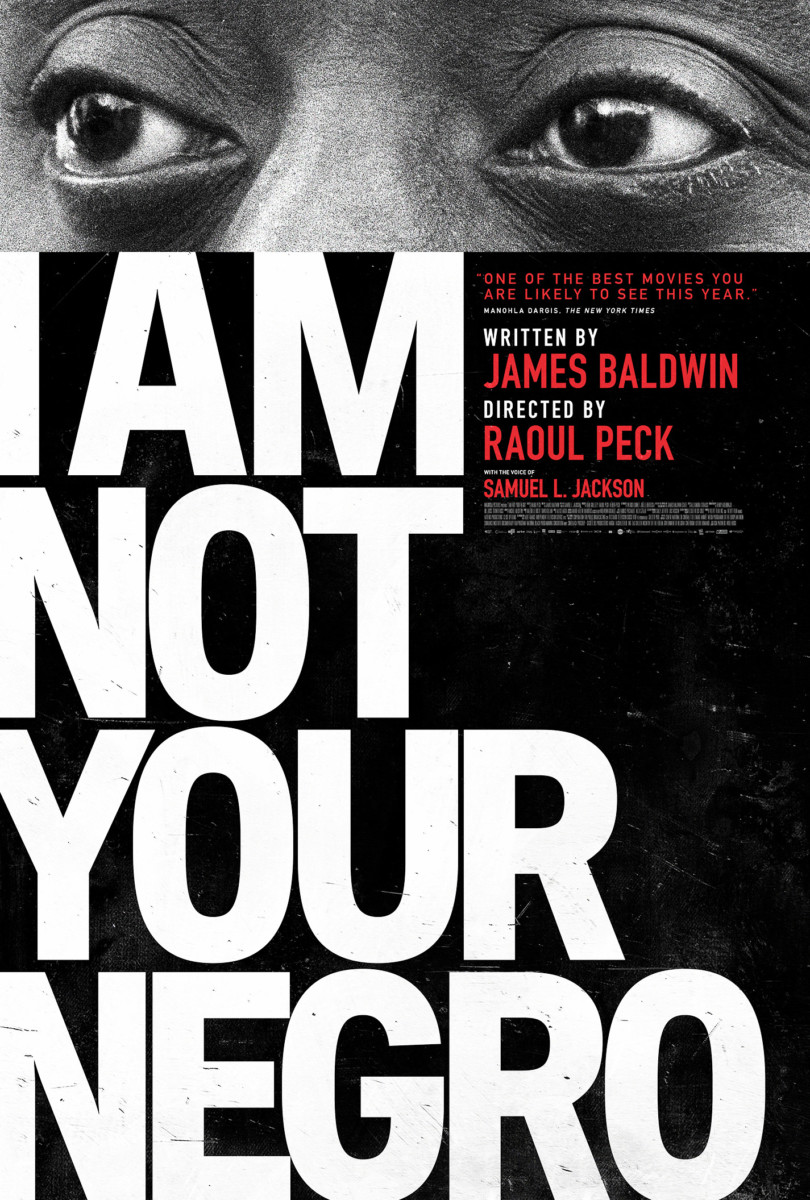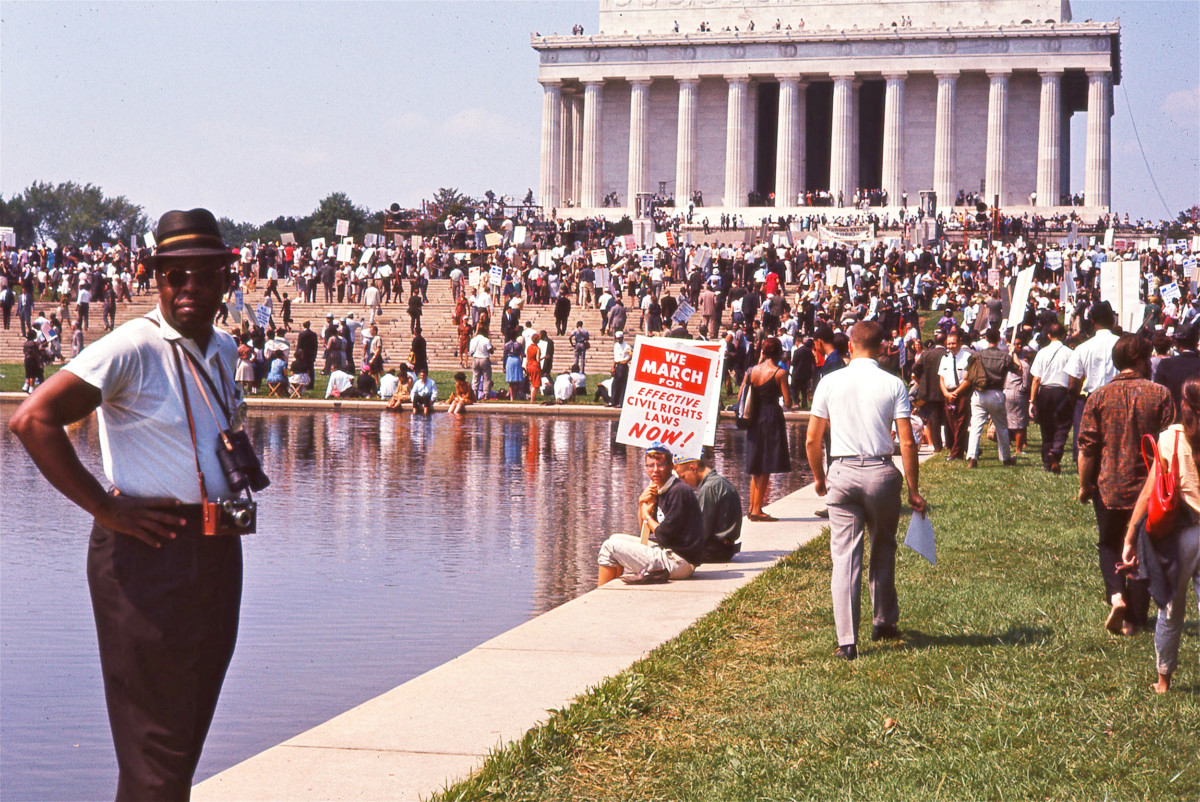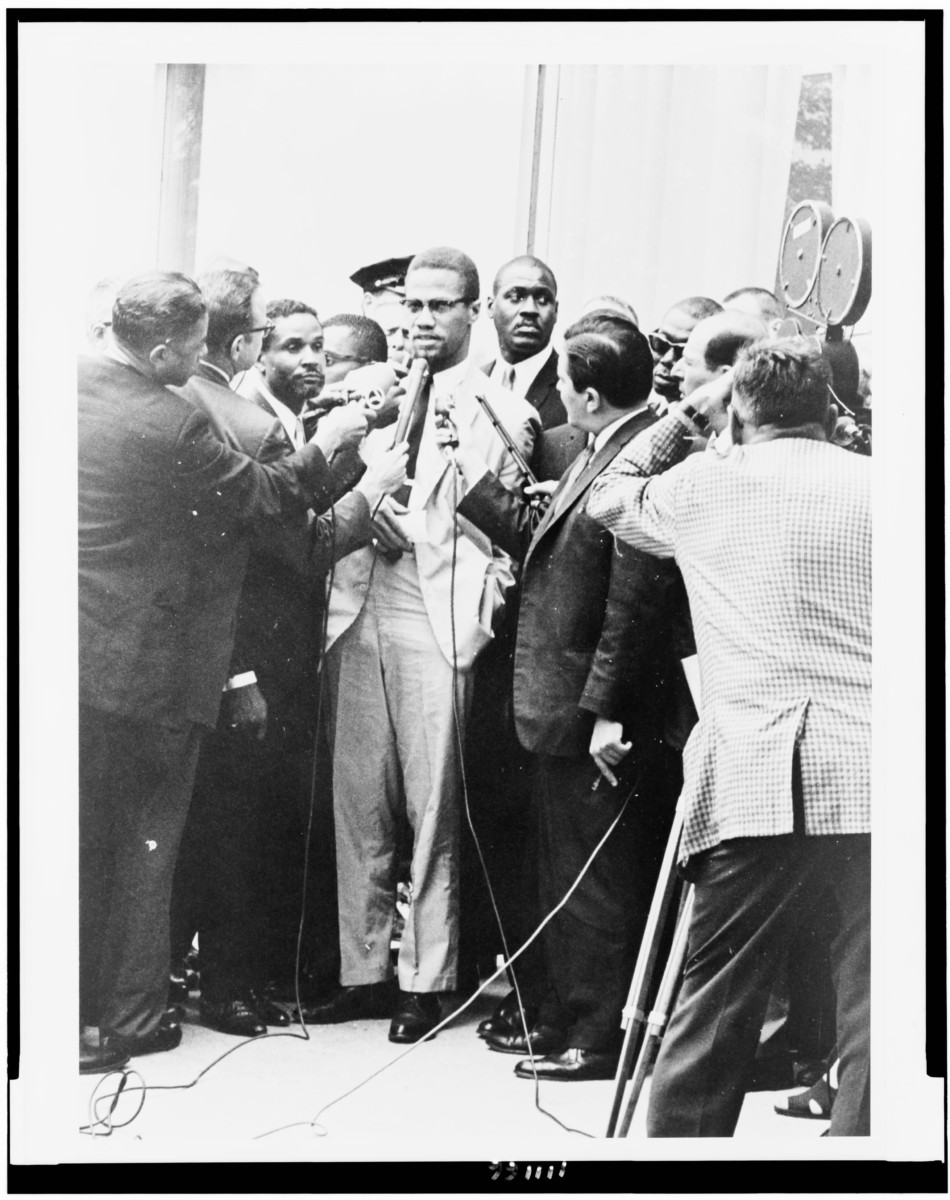
Disclaimer: The Aquinian does not endorse the word “n***o”. We decided to review this movie, despite its title, because we believe its content is important and can bring value to our readers.
Martin Luther King Jr., Malcolm X and Medgar Evers are the names of three of the biggest icons and leaders of the civil rights movement. These are also the names of the friends of activist and author, James Baldwin.

His unfinished writings, including works focusing on his interviews and presentations, are what guide the story of the 2016 documentary I Am Not Your Negro, directed by Raoul Peck, which was shown at Fredericton’s Gallery on Queen on Oct. 29 at 7 p.m.
The film focuses on the civil rights movement and his personal account of the lives and successive assassinations of Evers, X and King. He died before his personal account could be published and left only 30 completed pages of the work.
The film was nominated for an Academy Award for Best Documentary Feature in 2016.
The film demands the viewer not be ignorant of the cruel discrimination of their fellow man today and that they truly understand what it was like to exist in the civil rights era as an African-American.

It does this quite effectively by overlapping Baldwin’s audio interviews with photos of himself and the images of Black Lives Matter marches and modern police brutality videos. This undeniable proof that society hasn’t progressed nearly as much as we believe has a hair-raising effect.
I Am Not Your Negro, more than anything, puts the civil rights era into perspective by breaking it down into four categories; “Heroes,” “Witnesses,” “Purity” and “the Selling of the Negro.” Within each segment, the viewer can see the importance of African-American representation in Hollywood and the impact that growing up in an oppressive nation can have.
That message becomes particularly evident when the film shows X saying, “We have thought that it was godlike to turn the other cheek to the brute that was brutalizing us.”
That was one of many quotes that resonate. It makes you realize just what African-Americans had gone through during the civil rights movement.
At one point in the show, Baldwin talked about how, while growing up, all of his heroes were white, because that was how the media portrayed heroes. African-Americans only received the role of the villain, criminal, or slave.
Baldwin said during his time if a coloured child grew up watching television and seeing advertisements but didn’t have a mirror, they would not know what colour they were. It wouldn’t be until they looked in the mirror that they’d see they were coloured like the people who were mostly getting killed by the white heroes that the child had admired.
This movie is not like most of its kind. It doesn’t carry the same feel of an inspirational film, or a purely fact-based documentary. Instead, it holds the sentiment of a man who lost his dear friends to a fight they had been fighting all their lives.
The narrative has very subtle hints of emotion that are emphasized by the clips of James Baldwin’s passionate speaking. It feels as though he is telling the story himself.
This is not a story of the civil rights movement, but rather the story of James Baldwin, how he saw the world and how the world reacted to him.
